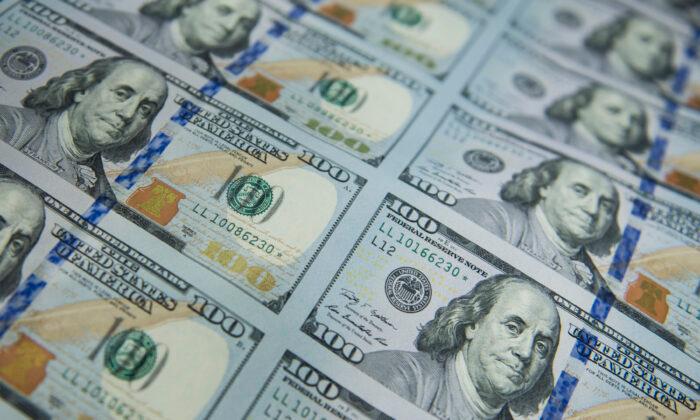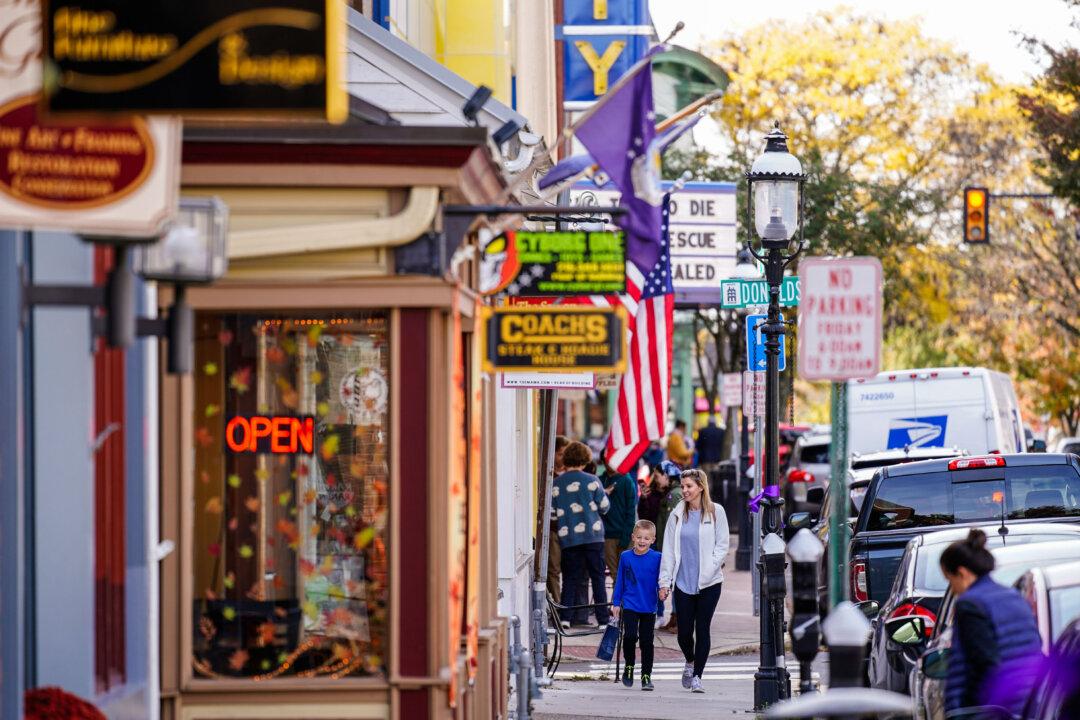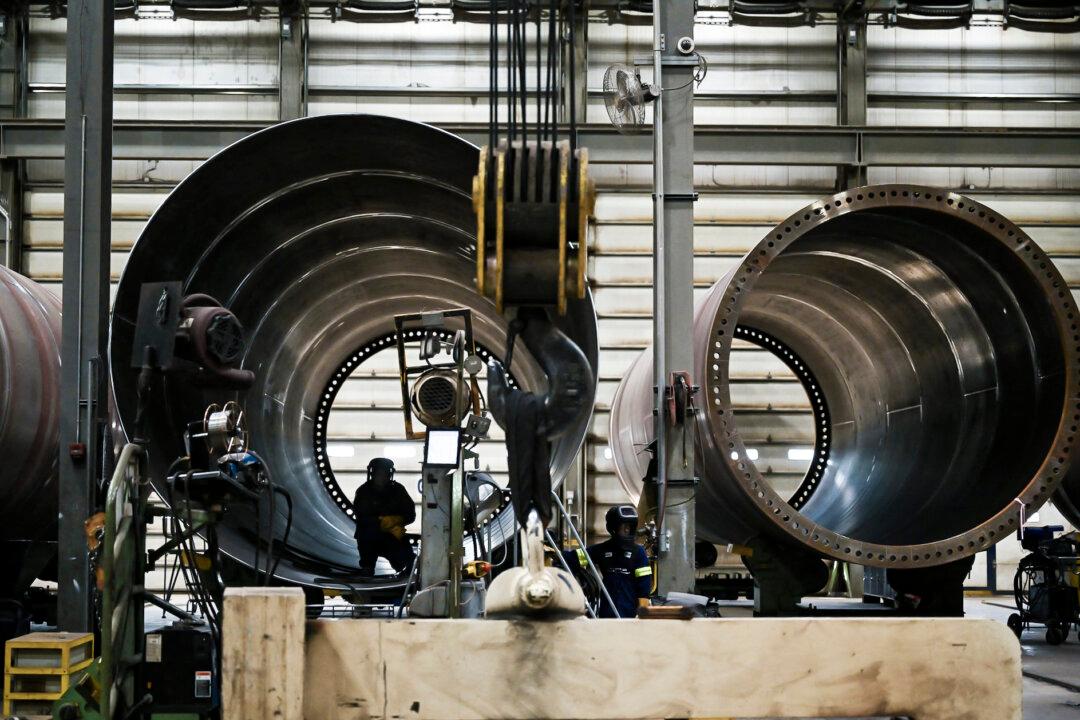The United States’ economy is expected to grow twice as fast as earlier forecasts predicted, according to a new report, which rests its optimistic outlook on the huge dose of fiscal stimulus and accelerating vaccine rollout.
The OECD’s closely watched December report, one of two main economic outlook products bridged by the March 9 interim projections, had predicted that the U.S. economy would grow by 3.2 percent; the interim report raises estimates for economic output this year to 6.5 percent.
If the risks materialize, the OECD predicts weaker recovery, larger job losses, and more business failures.
“Faster progress in vaccine deployment in all countries would enable restrictions to be lifted more quickly and enhance confidence and spending,” the OECD said.
While the fiscal support is “appropriate,” she said the pace of vaccinations isn’t fast enough to “consolidate the recovery,” and she urged haste.
“Stimulus without vaccinations won’t be as effective because consumers won’t go out doing normal things,” Boone said. “It’s the combination of health and fiscal policy that matters.”

Boone said the combination of vaccines, fiscal stimulus, and reopening of the economy in the United States is expected to “significantly boost the recovery as people are able to return to shop, dine, and travel.”
America’s above-expectation economic expansion will also help power global output one percentage point above December predictions—to 5.6 percent, the OECD predicts.
The $1.9 trillion relief bill that recently cleared the Senate provides up to $1,400 direct payments to most Americans, extended emergency unemployment benefits, as well as hundreds of billions for COVID-19 vaccines and treatments, schools, state and local governments, and ailing industries.
“It’s a remarkable, historic, transformative piece of legislation which goes a very long way to crushing the virus and solving our economic crisis,” House Speaker Nancy Pelosi (D-Calif.) said on March 9.
Republicans have opposed the bill, calling the American Rescue Plan excessive and wasteful.
Senate Minority Leader Mitch McConnell (R-Ky.) said the package is too big at a time when the virus is showing signs of easing and the economy is poised to come “roaring” back.
And rather than working across the aisle toward unity, as Biden promised, McConnell said Democrats are “ramming through what they call ‘the most progressive domestic legislation in a generation,'” citing the White House chief of staff.
“They explained their intent very clearly: to exploit this crisis as ‘a tremendous opportunity to restructure things to fit our vision,'” McConnell said.
The American Rescue Plan is the first COVID-related relief bill that has had zero support from Republicans in the House or Senate.





